Our project was to erect six raised-bed planter boxes in the school grounds.
Students had shown a keen interest in gardening and had a vegetable plot for several years in the backyard of the presbytery next door to the school. This worked well but was not ideal; it was difficult to supervise groups of students and it was inaccessible to other students who were not directly involved. The parish priest at the time, Father Dan Doyle, was wonderful and supported the initiative fully, bringing the gardeners refreshments, inquiring about their progress, and watering the gardens over the holidays. Students grew their produce from seed and harvested seed at the end of the season for the following year. The Southland Building Society also donated seeds each year. The produce was shared amongst various groups, students, parishioners and school families.
With the help of the Soil & Health’s Project Gro funding we purchased the wood to build planter boxes, which were made by a group of school parents. Bennetts Sawmill provided the macrocarpa at a very competitive price and Rangiora Landscape and Supplies donated the soil.
Each class was allocated their own planter box and decided what they wanted to plant. There wasn’t much planning; we just wanted to get the students interested and involved in all stages of the process and to have crops that matured quickly and to include some that could be picked and eaten directly from the garden.
A roster was made for the Christmas holidays and a few dedicated families ensured the beds were regularly watered. The gardens absolutely flourished and are still yielding much produce. We have grown beans, broccoli, cabbage, cauliflower, silverbeet, lettuce, potatoes, tomatoes, radishes, beetroot, cucumbers and capsicums. Marigolds were placed in some beds to ward off bugs, and no sprays or insecticides have been used. Students regularly visit the gardens with their class or during breaks and are encouraged to pick any ripe vegetables. Produce has been shared amongst students and staff and school families are welcome to help themselves too.
The next step is to look more closely at planting for a purpose, selecting plants that are suited to the growing environment, companion planting, natural ways to control pests, irrigation, ways to increase yield and investigate how to make the best use of the produce (e.g. donate to the parish food basket for families suffering hardship, do some preserving for the school fair etc.) It would also be great to be part of a seed exchange programme. Hopefully some of these ideas will be taken up by classes wanting to develop further this great kinaesthetic learning opportunity.
[columns] [span4]
[/span4][span4]
[/span4][span4]
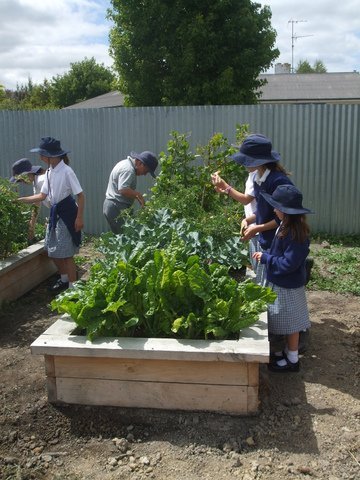 [/span4][/columns]
[/span4][/columns]
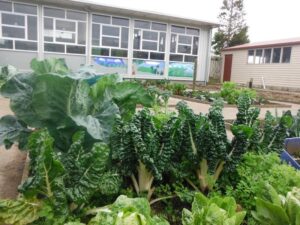
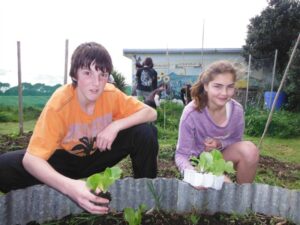

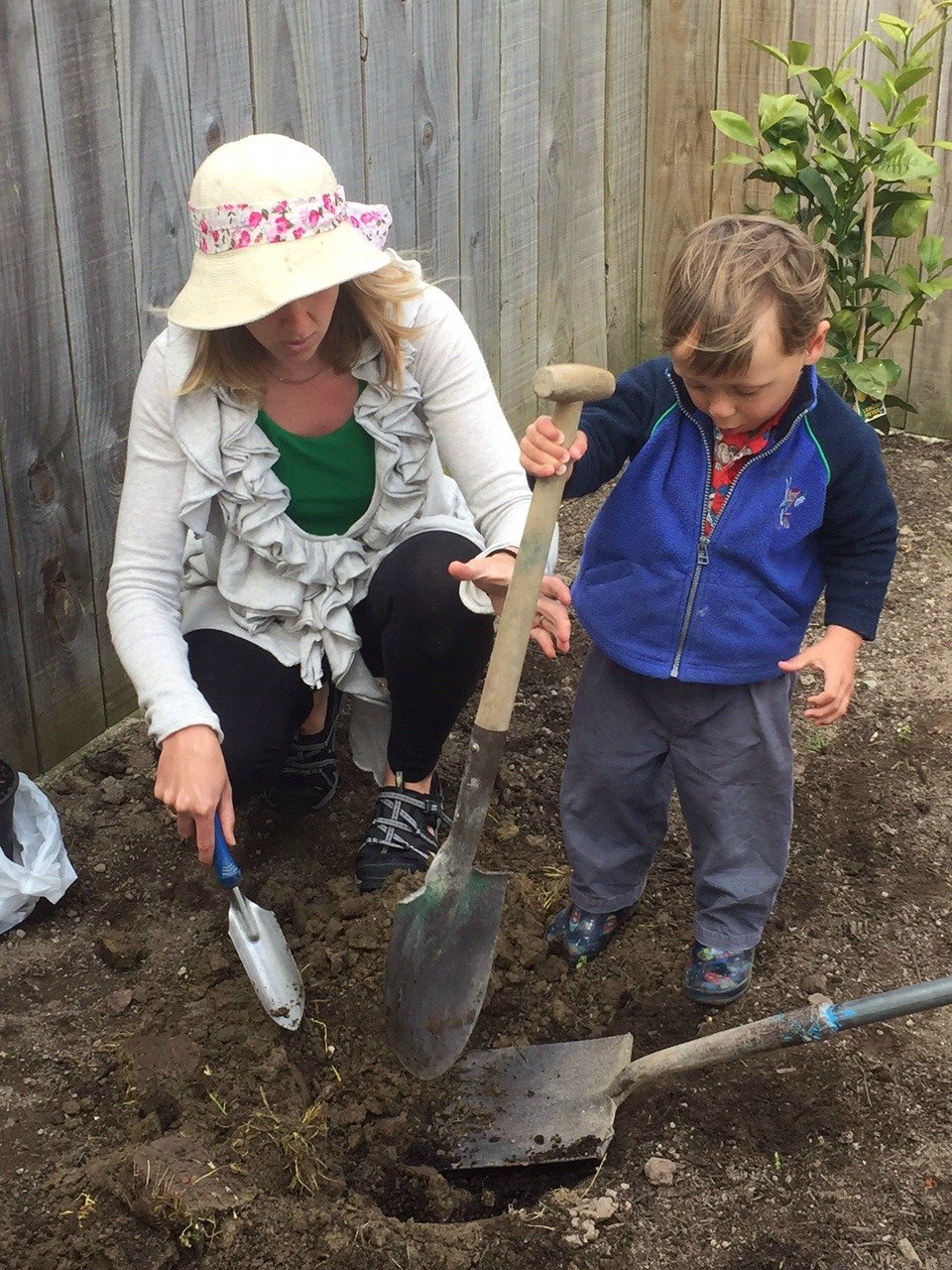
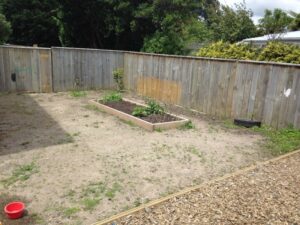
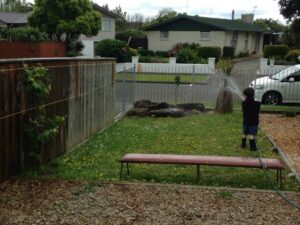
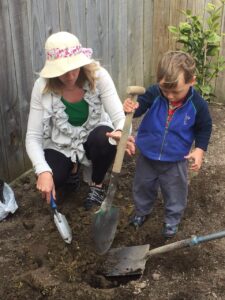 [/span4][/columns]
[/span4][/columns]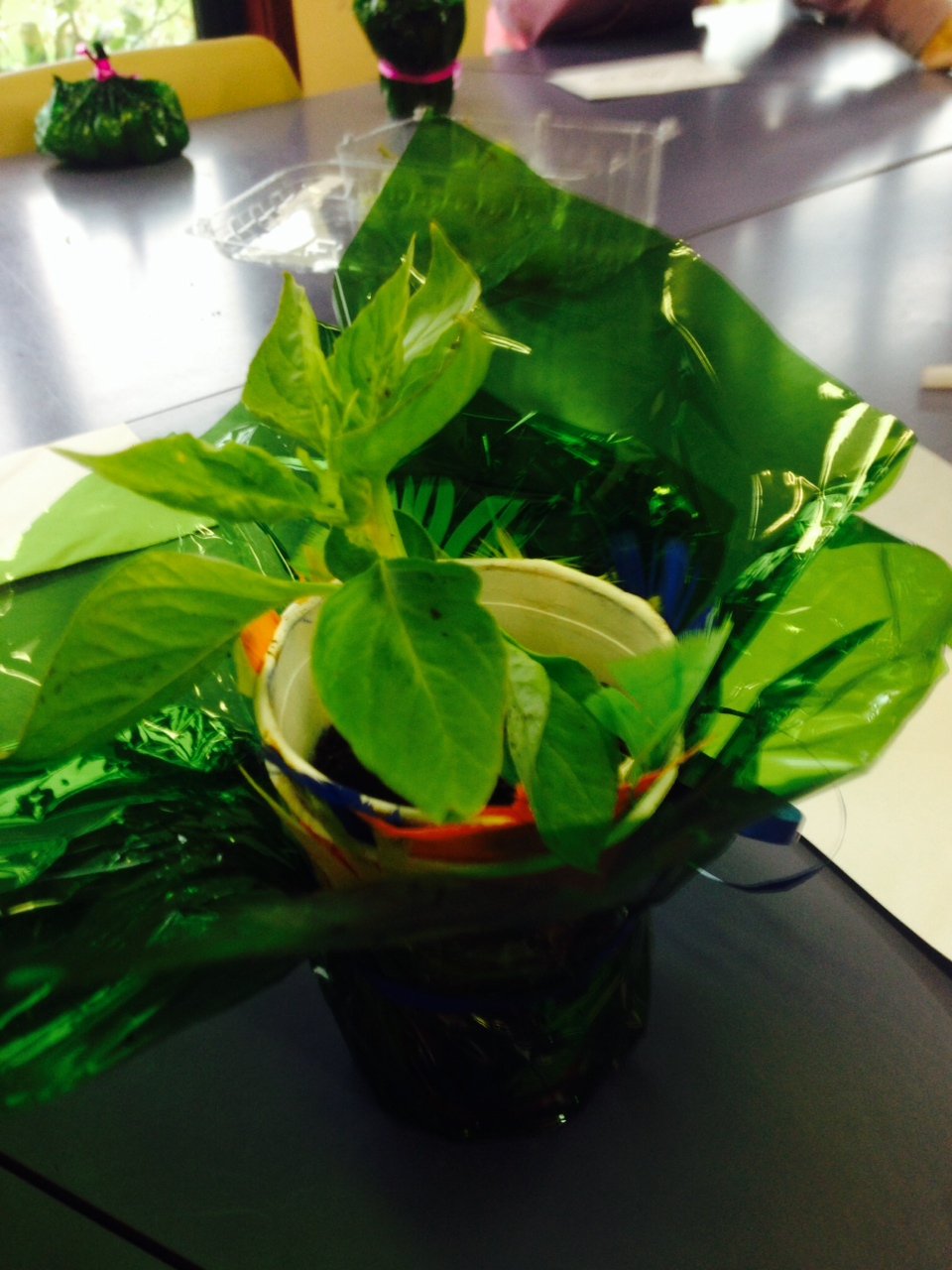
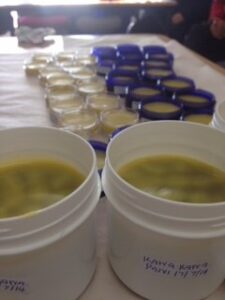
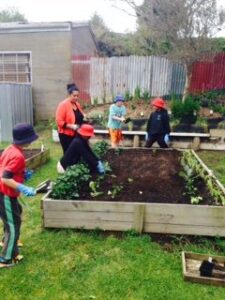
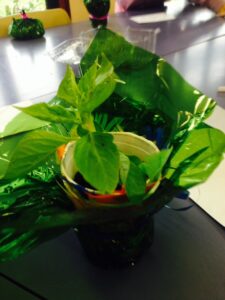
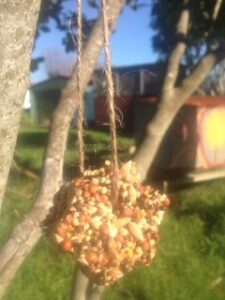

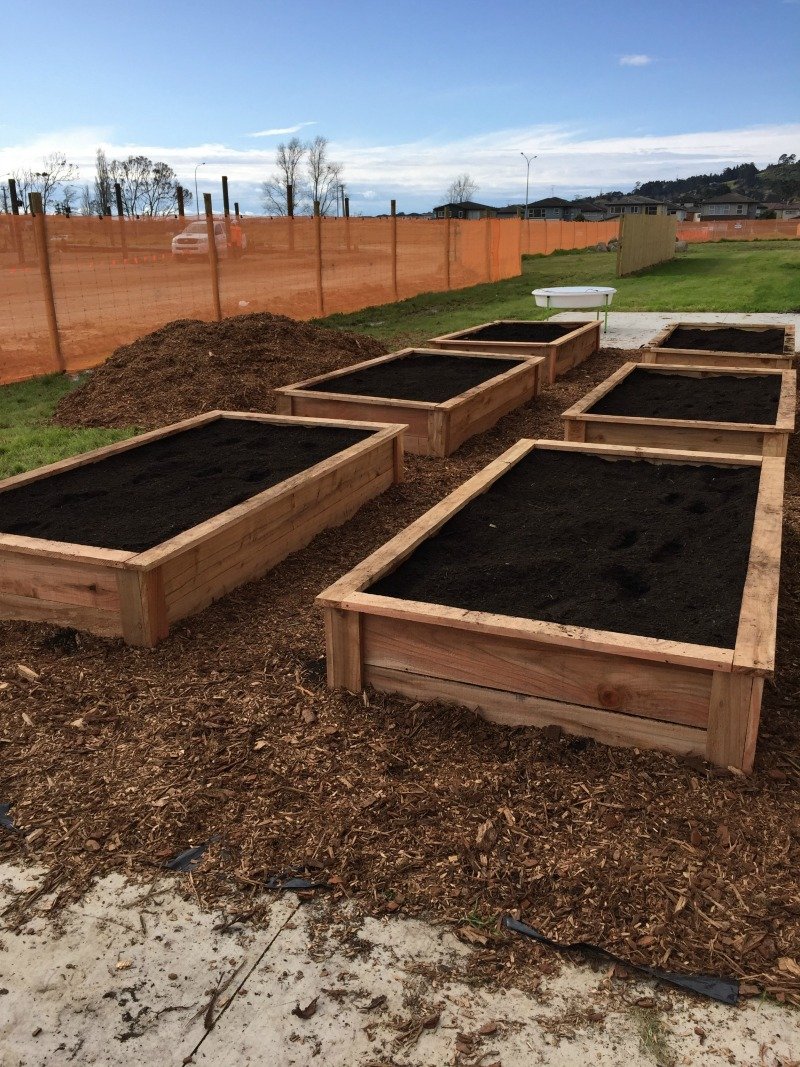
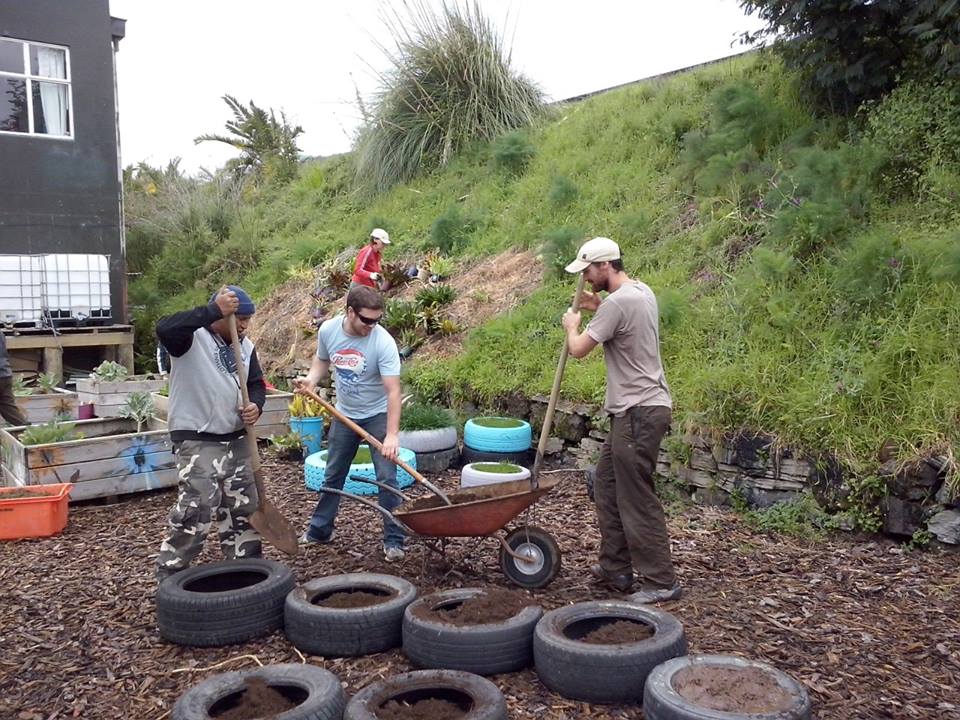
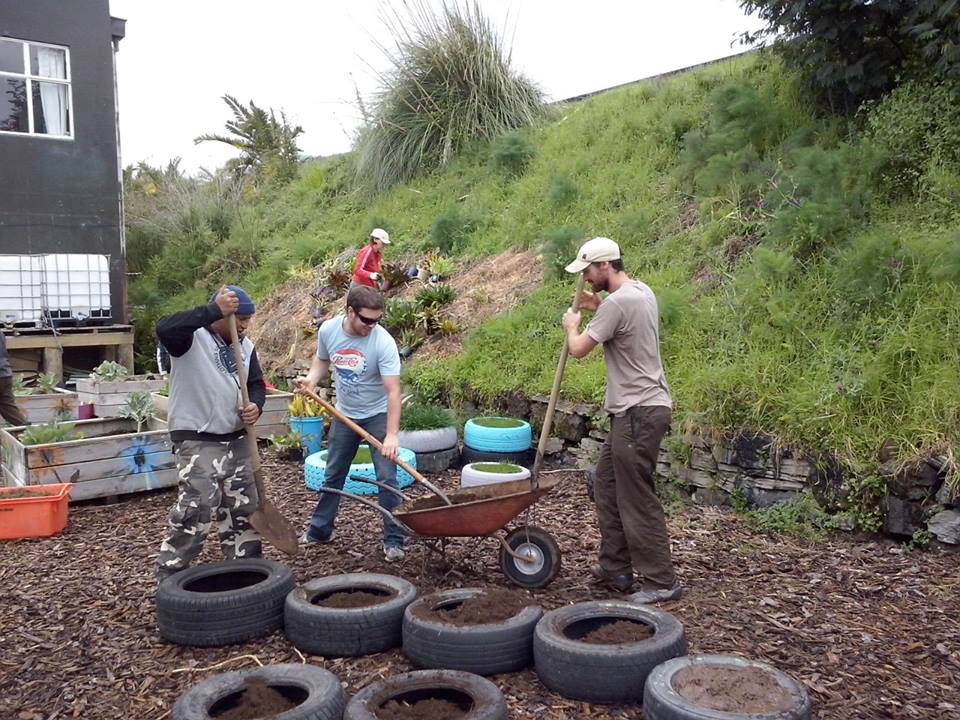

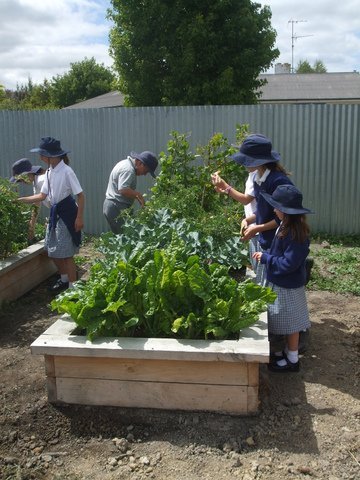


 [/span4][/columns]
[/span4][/columns]
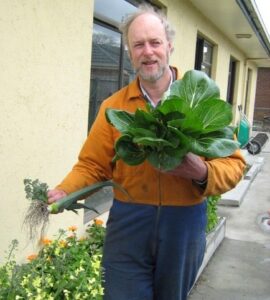
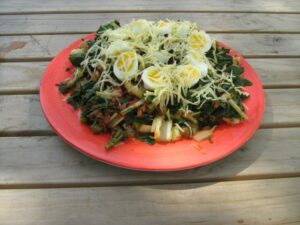
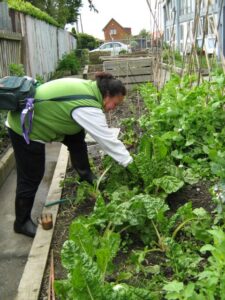 [/span4][/columns]
[/span4][/columns]